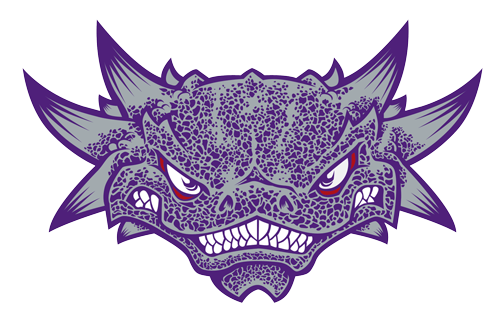Gary's Shirtless Revenge
Full Member
TCU has filed their tax return for FY2016-2017, which includes salary data for the Universities top earners during the calendar year 2016. Here are a few highlights:
Link To Data Here
- The university had another record year on the top line
- Over the last five year's, the University has had almost $600 million in surplus receipts... It appears this is mostly going towards investments, such as "revenue generating buildings" that don't get as much donor support
- For the first time in a long time, the debt load TCU carries went down YoY, which also helped lower interest payments.
- The endowment finished the year at $1.471 billion, just missing a record high from several years ago.
And everyone's favorite juicy details:
- Coach Patterson received a contract extension in August of 2016, but his compensation was largely unchanged that year. We shall see if things start moving in 2017.
- Coach Schlossnagle got his Longhorn-Contract in summer 2016, and his 2016 compensation reflected the rumored change in pay to $1-1.4 million in annual pay. His 2016 base comp was $871k, which if you do the math does show a likely 2017 salary of around $1.2 million.
- CDC... Nevermind.
- We fired and hired basketball coaches in 2016... Now get ready to hear something crazy: We paid MORE to Trent Johnson to GO AWAY than we paid to Pitt to get Dixon out of his contract there.
- In firing Trent Johnson, TCU will have to pay him $4.8 million, the full remaining value on his contract at the time of firing. $1.7 in 2016, $2.5 in 2017, $625k in 2018.
- In hiring Jamie Dixon, TCU had to pay Pitt $1.5 million to buy out his contract. The Pitt AD all but admitted the contracted buyout was actually closer to $10 million, but the University decided to let Dixon go.
- Based on Dixon's partial 2016 pay, you can extrapolate his pay rate (first year) was $3.1 million.
- When compared to the average market cost for a HC & their sport-peers, TCU is paying Jamie Dixon better than Gary Patterson. Jamie is approximately the 11th highest paid NCAABB HC, Gary is closer to the NCCAFB 20th.
- We finally have a look at Sonny Cumbie's pay: $775k, and that's before his extension at the end of the year... Another Longhorn-Contract if you've forgotten, and I would guess we will see him up above $1 million in 2017.
Don't believe that FWST article, look at the data in the sheet. They overgeneralize and don't understand the pay structures.
Link To Data Here
- The university had another record year on the top line
- Over the last five year's, the University has had almost $600 million in surplus receipts... It appears this is mostly going towards investments, such as "revenue generating buildings" that don't get as much donor support
- For the first time in a long time, the debt load TCU carries went down YoY, which also helped lower interest payments.
- The endowment finished the year at $1.471 billion, just missing a record high from several years ago.
And everyone's favorite juicy details:
- Coach Patterson received a contract extension in August of 2016, but his compensation was largely unchanged that year. We shall see if things start moving in 2017.
- Coach Schlossnagle got his Longhorn-Contract in summer 2016, and his 2016 compensation reflected the rumored change in pay to $1-1.4 million in annual pay. His 2016 base comp was $871k, which if you do the math does show a likely 2017 salary of around $1.2 million.
- CDC... Nevermind.
- We fired and hired basketball coaches in 2016... Now get ready to hear something crazy: We paid MORE to Trent Johnson to GO AWAY than we paid to Pitt to get Dixon out of his contract there.
- In firing Trent Johnson, TCU will have to pay him $4.8 million, the full remaining value on his contract at the time of firing. $1.7 in 2016, $2.5 in 2017, $625k in 2018.
- In hiring Jamie Dixon, TCU had to pay Pitt $1.5 million to buy out his contract. The Pitt AD all but admitted the contracted buyout was actually closer to $10 million, but the University decided to let Dixon go.
- Based on Dixon's partial 2016 pay, you can extrapolate his pay rate (first year) was $3.1 million.
- When compared to the average market cost for a HC & their sport-peers, TCU is paying Jamie Dixon better than Gary Patterson. Jamie is approximately the 11th highest paid NCAABB HC, Gary is closer to the NCCAFB 20th.
- We finally have a look at Sonny Cumbie's pay: $775k, and that's before his extension at the end of the year... Another Longhorn-Contract if you've forgotten, and I would guess we will see him up above $1 million in 2017.
Don't believe that FWST article, look at the data in the sheet. They overgeneralize and don't understand the pay structures.
Last edited:


